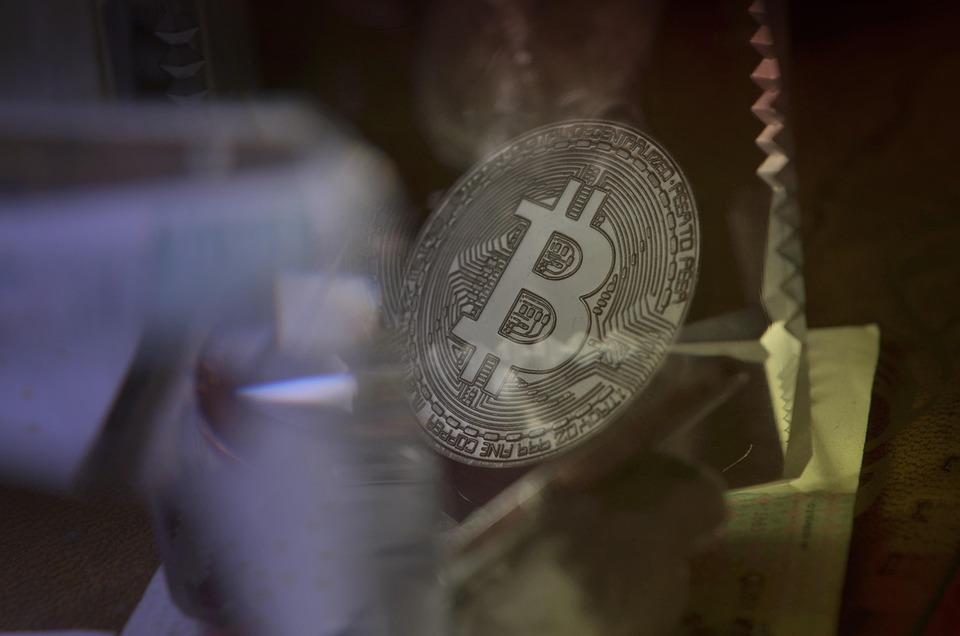Cryptocurrency Security 101: Protecting Your Digital Wealth
The emergence of cryptocurrency has opened up new avenues for financial freedom and investment opportunities. However, with the convenience of digital currency comes the risk of online threats and security breaches. As an investor, it is essential to ensure that your digital wealth is protected from fraud, hacking, and other malicious activities. In this article, we’ll delve into the world of cryptocurrency security and provide you with a comprehensive guide on how to safeguard your digital assets.
Understanding the Risks
Before we dive into the measures to protect your cryptocurrency, it’s crucial to understand the risks involved. Here are some of the common threats to your digital wealth:
- Hackers and Phishing: Cybercriminals are well-known to target cryptocurrency exchanges, wallets, and even individual users with phishing scams, malware, and network attacks.
- Insider threats: Illicit activities by employees or insiders within the cryptocurrency ecosystem can compromise security and lead to data breaches.
- Lack of regulation: The lack of clear regulations in the cryptocurrency space can lead to unscrupulous activities, making it challenging to track and regulate illicit activity.
- Poor infrastructure: Inadequate network infrastructure, outdated software, and weak encryption can be exploited by malicious actors.
Best Practices for Cryptocurrency Security
To safeguard your digital wealth, follow these best practices:
- Choose a reputable exchange or wallet: Select a reputable and well-established exchange or wallet that has a strong track record of security, transparency, and customer support.
- Enable two-factor authentication: Activate two-factor authentication to add an extra layer of security to your account, making it more difficult for attackers to gain unauthorized access.
- Use a strong and unique password: Use complex passwords that are difficult to crack, and avoid using the same password across multiple platforms.
- Keep your software up-to-date: Regularly update your operating system, browser, and other software to ensure you have the latest security patches and fixes.
- Be cautious of phishing scams: Be wary of unsolicited emails, texts, or messages asking for personal or financial information, and never share your credentials or seeds with anyone.
- Use a hardware wallet: A hardware wallet, such as a Ledger or Trezor, provides an additional layer of security by storing your private keys offline.
- Back up your seeds: Make sure to back up your wallet seeds, private keys, or recovery seeds, and store them securely to prevent loss in case of a breach.
- Monitor your accounts: Regularly monitor your accounts for any suspicious activity, and report any incidents to your exchange or wallet supplier.
- Use a secure browser: Use a reputable and secure web browser to access your exchange or wallet accounts, such as Tor or a browser with a strong reputation for security.
- Educate yourself: Stay informed about the latest security updates, best practices, and industry developments to protect your digital wealth.
Additional Measures for Advanced Security
For extra security, consider implementing the following:
- Cold storage: Store your funds in cold storage, such as a paper wallet or a hardware wallet, to further minimize the risk of online threats.
- Multi-sig addresses: Use multi-sig addresses to require multiple signatures or approvals before transactions can be completed, making it more difficult for attackers to steal your funds.
- Off-chain storage: Store your private keys or recovery seeds offline and in a secure location, such as a safe or a secure online vault.
- Regular audits and monitoring: Perform regular audits and monitoring to detect and respond to potential security incidents promptly.
Conclusion
Protecting your digital wealth requires a combination of knowledge, caution, and best practices. By understanding the risks and following the guidelines outlined in this article, you can significantly reduce the likelihood of security breaches and ensure your cryptocurrency remains safe and secure. Remember, security is an ongoing process, and it’s essential to stay informed, vigilant, and proactive in protecting your digital assets.

